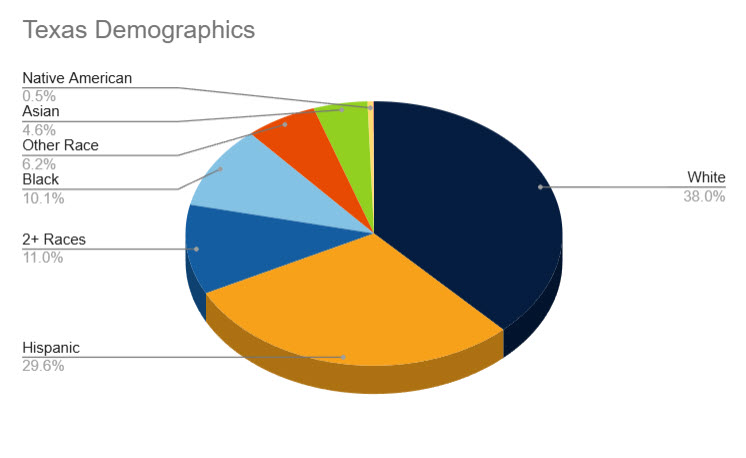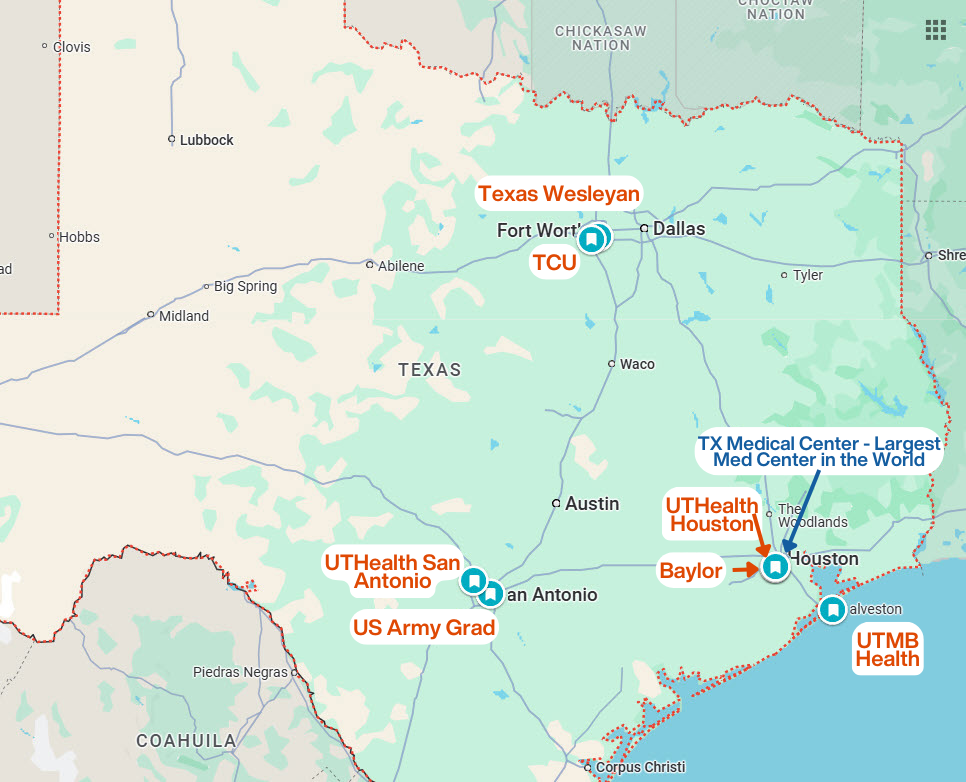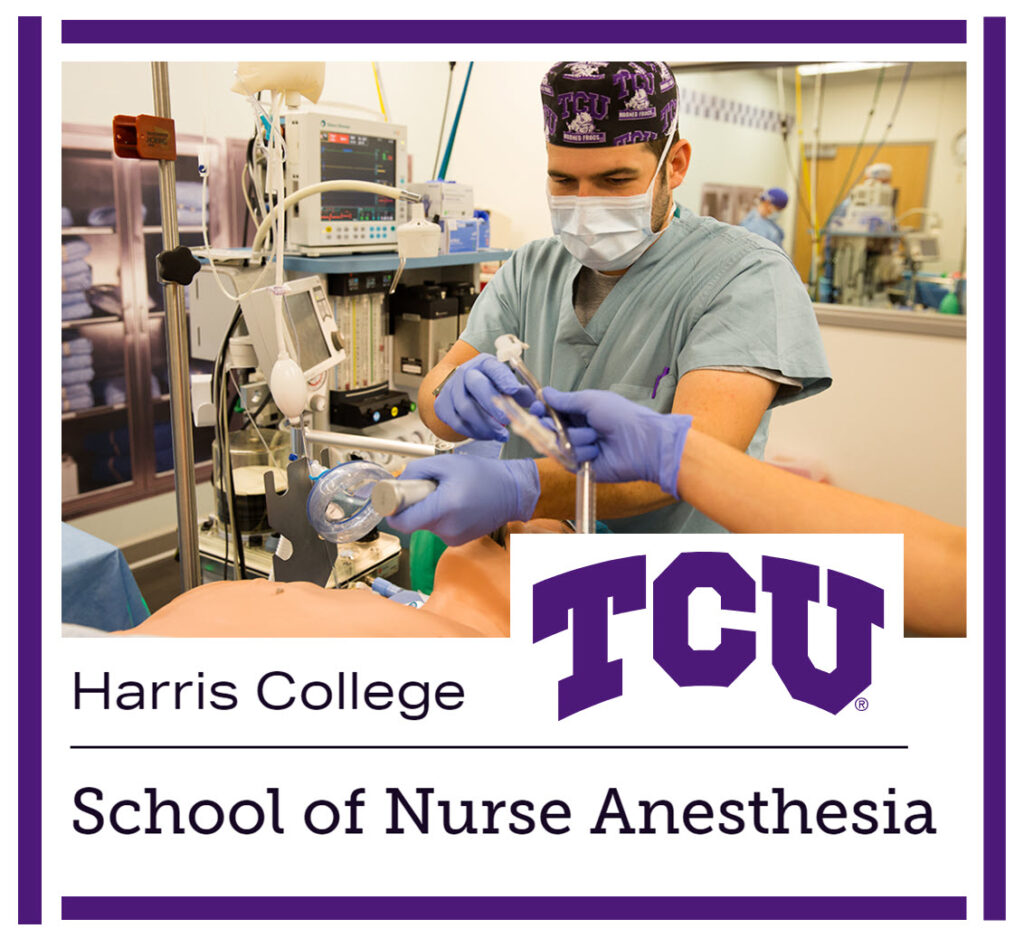If you’re considering CRNA schools in Texas, to become a Certified Registered Nurse Anesthetist (CRNA), you’re in good company! Texas is home to several CRNA schools with competitive, highly regarded, high-quality programs. This guide will provide an overview of what makes CRNA schools in Texas unique, important factors to consider, and what you need to know to make an informed decision.
Or use this interactive Google map of CRNA Schools in Texas
What Makes CRNA Schools in Texas Unique?
Diverse Programs: Texas offers a mix of CRNA programs, ranging from well-established, nationally ranked schools to newer programs meeting the high demand for CRNAs in the state. Whether you prefer a large university or a smaller program, Texas has options to fit your needs.
Military Program
Texas has a strong military presence, and the USAGPAN program (US Army Graduate) through Baylor provides a great entrance into the military – providing the cost of tuition as well as a salary through school in exchange for a service commitment.
Clinical Opportunities: Texas offers unparalleled diversity in clinical training environments. The Texas Medical Center, the largest medical center in the world, is within reach of nearly half the state’s CRNA programs. Across all programs, students benefit from hands-on experience in premier hospitals, high-volume trauma centers, and rural healthcare settings, gaining exposure to a wide range of patient populations and procedures. This breadth of training ensures a comprehensive and well-rounded clinical education.
CRNA Schools in Texas
Baylor College of Medicine (Houston): Known for its rigorous program and access to the Texas Medical Center, the largest medical complex in the world.
Texas Wesleyan University (Fort Worth): The largest CRNA program in the country, offering a hybrid learning format.
Texas Christian University (TCU) (Fort Worth): A highly respected program with a focus on leadership and advanced clinical practice.

The University of Texas Health Science Center at Houston (UTHealth): Established in 2023, this Houston program offers extensive clinical training opportunities in diverse healthcare settings.

The University of Texas Health Science Center at San Antonio (UTHealth) (Houston): Established in 2024, this San Antonio program focuses on serving rural and underserved populations.
The USAGPAN Army DNP Anesthesia Nursing program: offered in partnership with Baylor University’s Louise Herrington School of Nursing is unique in combining advanced doctoral-level education with military service, tuition-free training, access to diverse clinical experiences in military and civilian settings, and a leadership-focused curriculum tailored to prepare CRNAs for roles in both healthcare and the armed forces.
University of Texas Medical Branch (UTMB): Established in 2024, UTMB’s CRNA program stands out for its location within a leading academic medical center.

Pros and Cons for Choosing Texas for CRNA School?
Texas is a large and diverse state. It is known for vibrant cities and a rich cultural heritage. Its strong economy is driven by healthcare, technology, and energy. Politically, it combines conservative traditions with progressive urban hubs, offering a dynamic environment. Texas boasts top-tier educational institutions, a relatively low cost of living, no state income tax, and a growing multicultural population.
Though each CRNA School is located in a desirable area, with an impressive average AreaVibes.com score of 78 out of 100, recent weather trends including extreme heat, hurricanes, and occasional winter storms, are also important to factor in when you consider relocating there for a 3-year doctoral program in nurse anesthesia.
Other factors to consider…
Supply for CRNAs greater than Demand: Texas is great for hands-on healthcare education. However, the CRNA job market is competitive as supply exceeds demand.

Cultural Diversity: The state’s cultural diversity offers students a chance to work with a wide range of patient populations.

Academic Factors to Consider
Program Accreditation:
All CRNA schools in Texas are accredited by the Council on Accreditation of Nurse Anesthesia Educational Programs (COA). Well-established and stable programs are given the maximum accreditation before their next review (10 years). New programs and those not currently meeting COA standards are reviewed more frequently. This ensures the highest quality education for all programs.
Prerequisites and Admission Requirements:
*All programs require at least one year of full-time critical care nursing experience.
*NICU and PICU are widely accepted within Texas programs, whereas many programs elsewhere prefer critical care experience within an adult population.
*A strong academic background with a minimum GPA of 3.0 or higher.
*Completion of prerequisite courses in areas such as statistics, and either chemistry, organic or biochemistry, within the past 3-5 years
*GRE Scores – While only about 50% of CRNA programs nationwide require the GRE, the majority of programs in Texas require it.
Tuition and Financial Aid: Tuition for CRNA programs in Texas ranges from $50,000 to $250,000 for the entire program. However, the Army Graduate Program offers a unique option, waiving tuition in exchange for a service commitment.
Program Length and Structure: All CRNA programs in Texas span 36 months and culminate in either a DNP or DNAP. Several programs incorporate distance learning for portions of the didactic (classroom) training. Most Texas programs follow a front-loaded structure, completing the majority of classroom instruction before transitioning to clinical training. Integrated programs teach both simultaneously.
Final Thoughts
Choosing a CRNA program in Texas means gaining access to excellent education, diverse clinical experiences, and a robust job market. Take the time to research each program’s offerings, visit campuses if possible, and connect with current students or alumni. With the right preparation, you can find the Texas CRNA school that sets you up for success in nurse anesthesia.





